Gail Gauthier Blog Tour
 When I go to conferences and such and I am asked to recommend great bloggers, I always like to mention my favorite authorial blogs. And almost always the first site I think of is Original Content, created and maintained by author Gail Gauthier. Gail’s the kind of blogger that doesn’t fear saying whether or not she likes something. Sometimes blogs are all sunshine and lollipops, and sometimes they contain thoughts and intelligent responses that crackle with insight. Ms. Gauthier is in the latter column. So when she asked whether or not I’d be interested in participating an blog tour that coincides with the publication of her new book A Girl, a Boy and Three Robbers, I was in.
When I go to conferences and such and I am asked to recommend great bloggers, I always like to mention my favorite authorial blogs. And almost always the first site I think of is Original Content, created and maintained by author Gail Gauthier. Gail’s the kind of blogger that doesn’t fear saying whether or not she likes something. Sometimes blogs are all sunshine and lollipops, and sometimes they contain thoughts and intelligent responses that crackle with insight. Ms. Gauthier is in the latter column. So when she asked whether or not I’d be interested in participating an blog tour that coincides with the publication of her new book A Girl, a Boy and Three Robbers, I was in.
But first, Putnam and Gail Gauthier are running a kind of contest. The first person to e-mail Gail Gauthier with their mailing address, saying that they saw this message on my site A Fuse #8 Production, will receive a free, autographed copy of A Girl, A Boy, and Three Robbers. This sort of rewards those readers that get up on Saturday mornings to read me. Well done, you! Now on to the interview.
Fuse #8: Let’s talk about early chapter books. They’re an odd little breed and I have nothing but respect for the author that delves into that particular segment of the readership. When we talk about these kinds of books Junie B. Jones, Captain Underpants, Franny K. Stein, and others come to mind. For your own part, you have a cat named Buttercup. Were you looking at other books in this reading range when you wrote your two Buttercup tales? Did they influence you in some way?
ADVERTISEMENT
ADVERTISEMENT
 GG: I did look at books in this reading range. In fact, I’m embarrassed to admit that I’d forgotten about Franny K. Stein, who, my blog records show, I liked quite a bit back when I read one of her books back in 2004. So I started looking around at least that long ago. I was influenced by the books I read that I didn’t like. (I think reading books we don’t like is very important for writers, by the way.) I read chapter books in which the authors talked down to readers. I found books that had little in the way of stories and lots of pointless jokes and funny words and sounds. I found books with overt lessons, which I, personally, object to in fiction. I wanted to make a point of avoiding all that in my chapter book.
GG: I did look at books in this reading range. In fact, I’m embarrassed to admit that I’d forgotten about Franny K. Stein, who, my blog records show, I liked quite a bit back when I read one of her books back in 2004. So I started looking around at least that long ago. I was influenced by the books I read that I didn’t like. (I think reading books we don’t like is very important for writers, by the way.) I read chapter books in which the authors talked down to readers. I found books that had little in the way of stories and lots of pointless jokes and funny words and sounds. I found books with overt lessons, which I, personally, object to in fiction. I wanted to make a point of avoiding all that in my chapter book.
Fuse #8: Any thoughts on the genre itself? I mean, when you walk into a library or a bookstore, these are the books that get the short end of the stick. No one ever quite knows what to do with them. Why did you pick it?
GG: I will be honest and admit that I wanted to write a book for this age group so I’d have a book to design a school presentation around. Some teachers in elementary schools I was visiting had told me they wished I could speak to their first and second graders. (I spoke to middle grade students at that point.) I tend to get obsessive about many of the things I do, anyway, (this spring I’ve become obsessive about yard work–man, I never saw that coming) so I’ve continued with my reading, and I’ve been known to harass people at my listservs with questions about chapter books.
I think chapter books get the short end of the stick for a couple of reasons. One: kids probably won’t be reading them for long. Once they’re comfortable and fluent readers, they’ll move to the vast array of books available for middle grade and older students. How much energy can parents invest in learning about a category of books their children won’t be spending much time with? Teachers from fourth grade or so up will probably need to focus on books for older kids. The same is true of middle school and YA librarians. A much narrower group of adults needs to know about them. So, to summarize, the kids won’t be reading chapter books for long, which may mean the market isn’t as great as it is for other children’s books, and there aren’t a lot of adults who know about them. Two: I don’t think the adults who do know about chapter books care much for even the good ones, and adults control everything about children’s books. I just finished reading The London Eye Mystery by Siobhan Dowd, which I’ve seen marketed in this country to children 8 or 9 to 12 years old while chapter books you usually see directed toward 6- or 7- to 9-year-olds. That’s only a few years of difference, but The London Eye Mystery is far, far closer to what adults think of as a good read than even the best chapter books. I think adults are more interested in the books for older kids because they, themselves, enjoy reading them more.
Fuse #8: Well now, you’ve done young adult/middle grade books and early chapter titles as well. The inclination is to think that you’ll scale down even younger and delve into the picture book aspect of things. Is this tempting to you at all? Would you consider writing a different series of early chapter books?
ADVERTISEMENT
ADVERTISEMENT
 GG: I made an attempt at a picture book before I wrote A Girl, a Boy, and a Monster Cat, the first in The Hannah and Brandon Stories. A couple of people suggested I use the same material in a chapter book instead. I wouldn’t say I’ll never try again, but writing a picture book isn’t on my list of things I need to do before I die. I’ve been thinking of trying some genre chapter books, but I don’t have any great ambition to specifically write a series. In fact, I submitted A Girl, a Boy, and a Monster Cat as a single book. My editor/publisher suggested the series. I was very flattered, but it wasn’t something I sought. I didn’t even think of seeking it.
GG: I made an attempt at a picture book before I wrote A Girl, a Boy, and a Monster Cat, the first in The Hannah and Brandon Stories. A couple of people suggested I use the same material in a chapter book instead. I wouldn’t say I’ll never try again, but writing a picture book isn’t on my list of things I need to do before I die. I’ve been thinking of trying some genre chapter books, but I don’t have any great ambition to specifically write a series. In fact, I submitted A Girl, a Boy, and a Monster Cat as a single book. My editor/publisher suggested the series. I was very flattered, but it wasn’t something I sought. I didn’t even think of seeking it.
Fuse #8: You’ve mentioned before that some authors get a little didactic when they’re writing for this reading level. I, on the other hand, find that parents looking for books for kids at this level really want something they can consider "good" writing. That may be why libraries get as many Captain Underpants/Junie B. Jones complaints as they do. To your mind, what is it about kids at these age and lessons? Do you think they’re more easily influenced at this age, or are parents just freaking out because their children are suddenly so big and smart?
GG: I’m assuming that by "good" writing, you mean writing that won’t have what the parents perceive as a negative influence on their children. I don’t know how much children’s behavior is influenced by what they read, but it’s nice that parents think it is, isn’t it? (Though I have to say that at least one of my kids relaxed on his studies because he said Spike in A Year with Butch and Spike was right about kids being punished for  getting good grades. I wrote the book, myself, however, so I could hardly make a complaint about it.) My own experience as a parent is that the early elementary years is the point when we start seeing our kids becoming more and more influenced by elements outside the home. You know, you hear a lot about how great it is to have kids go off to school because parents can get some time off during the day or they don’t have to worry so much about child care. But parents give up a lot when their children go to school. You’re turning the most important people in your life over to strangers, to a system that you didn’t have much of a hand in creating even if you did vote in the last school board election. You have to come to terms with the fact that there’s not a whole lot you can do to help your children during their school day. So a book that comes into your home in your child’s backpack becomes a sort of lightning rod for all these anxieties. And the next thing you know, you’re trying to overthrow the Bill of Rights hoping that that will make it possible for you to protect your child from bad grammar.
getting good grades. I wrote the book, myself, however, so I could hardly make a complaint about it.) My own experience as a parent is that the early elementary years is the point when we start seeing our kids becoming more and more influenced by elements outside the home. You know, you hear a lot about how great it is to have kids go off to school because parents can get some time off during the day or they don’t have to worry so much about child care. But parents give up a lot when their children go to school. You’re turning the most important people in your life over to strangers, to a system that you didn’t have much of a hand in creating even if you did vote in the last school board election. You have to come to terms with the fact that there’s not a whole lot you can do to help your children during their school day. So a book that comes into your home in your child’s backpack becomes a sort of lightning rod for all these anxieties. And the next thing you know, you’re trying to overthrow the Bill of Rights hoping that that will make it possible for you to protect your child from bad grammar.
So when you ask, "what is it about kids at these age and lessons?" I have to respond that it isn’t about kids. These situations are sad on many levels.
Fuse #8: And will there be more Buttercup in the future? If so, any particular number of Buttercup books?
GG: I have no idea if there will be more Buttercup in the future. Right now there are no plans. Much earlier in my career I wrote two Aliens books that drew very, very heavility on my life with my children. The characters were named for my kids and their friends. I wanted to do a third book in which the family in the book took an alien on a road trip to Disney World, just as my family did a road trip to Disney. (Without an alien.) My publisher was interested in the road book, but not as a third book in the Aliens series. That was rough. My family and I were way too invested in those books.Trying to write a road book without the Aliens’ characters was like going to Disney without my kids. My family felt abandoned. I wrote The Hero of Ticonderoga instead. Whatever happens with The Hannah and Brandon Stories will be nothing compared to that experience.
For other reviews with Gail, be sure to check out the following sites:
June 29 Books Together
June 30 Sam Riddleburger
July 1 Seven Impossible Things Before Breakfast
July 2 Jen Robinson’s Book Page
July 3 Big A, little a
July 4 The Miss Rumphius Effect
Filed under: Uncategorized
About Betsy Bird
Betsy Bird is currently the Collection Development Manager of the Evanston Public Library system and a former Materials Specialist for New York Public Library. She has served on Newbery, written for Horn Book, and has done other lovely little things that she'd love to tell you about but that she's sure you'd find more interesting to hear of in person. Her opinions are her own and do not reflect those of EPL, SLJ, or any of the other acronyms you might be able to name. Follow her on Twitter: @fuseeight.
ADVERTISEMENT
ADVERTISEMENT
SLJ Blog Network
2024 Books from Coretta Scott King Winners
Monkey King and the World of Myths: The Monster and the Maze | Review
Parsing Religion in Public Schools
Book Review: Keeping Pace by Laurie Morrison
ADVERTISEMENT



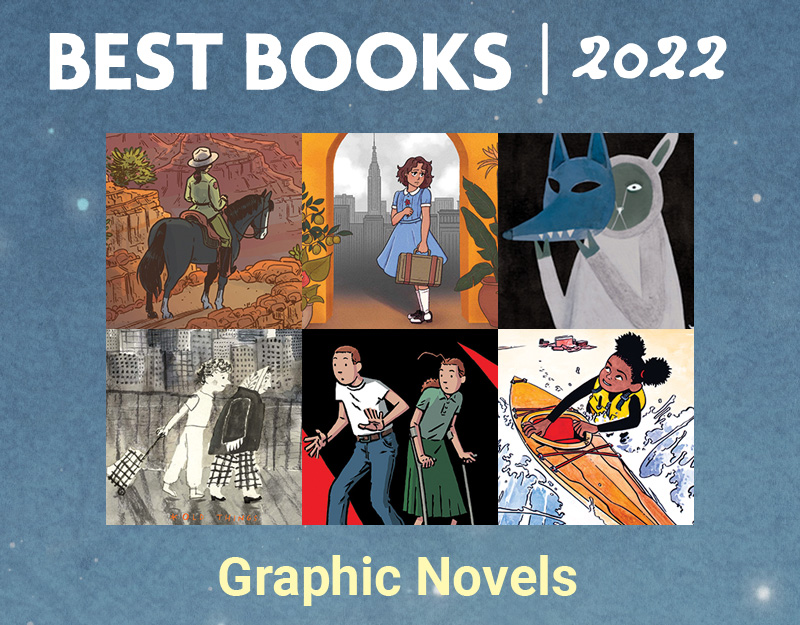
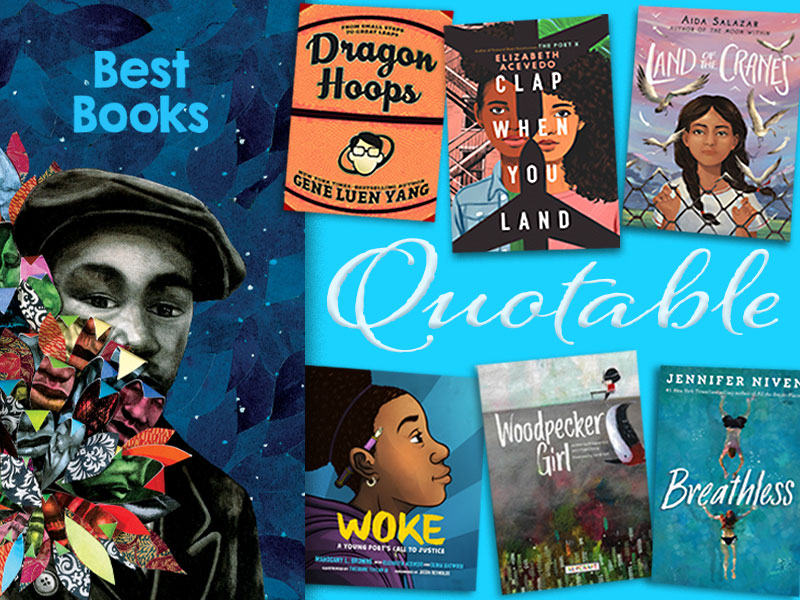
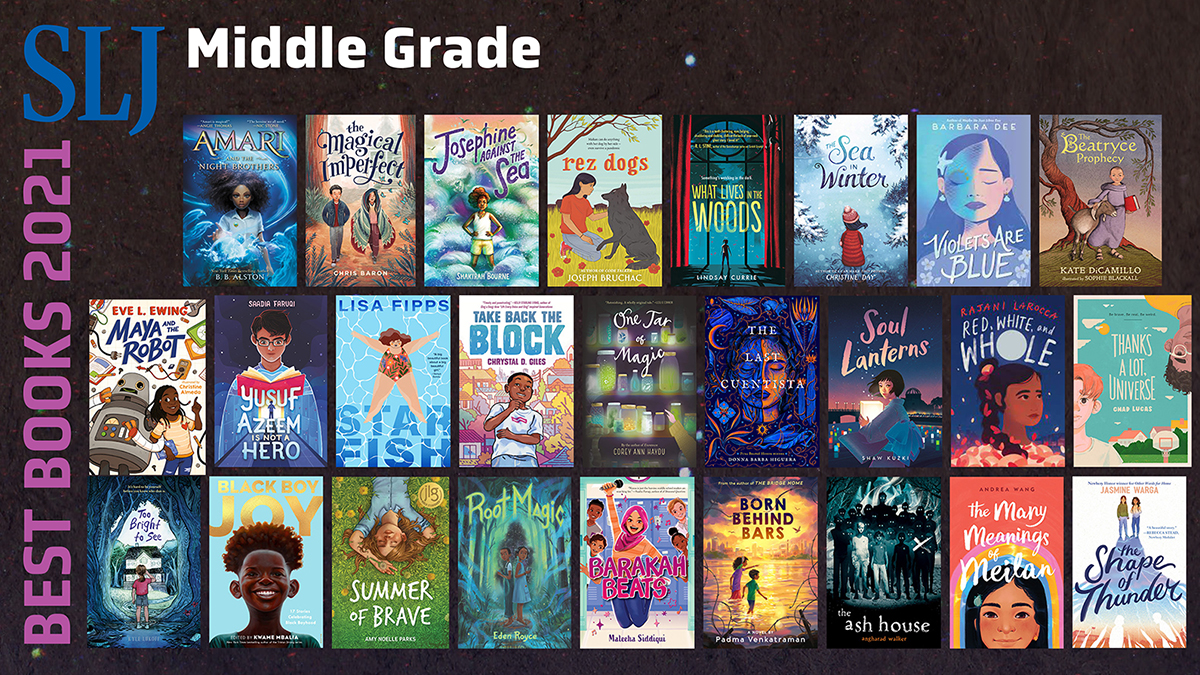
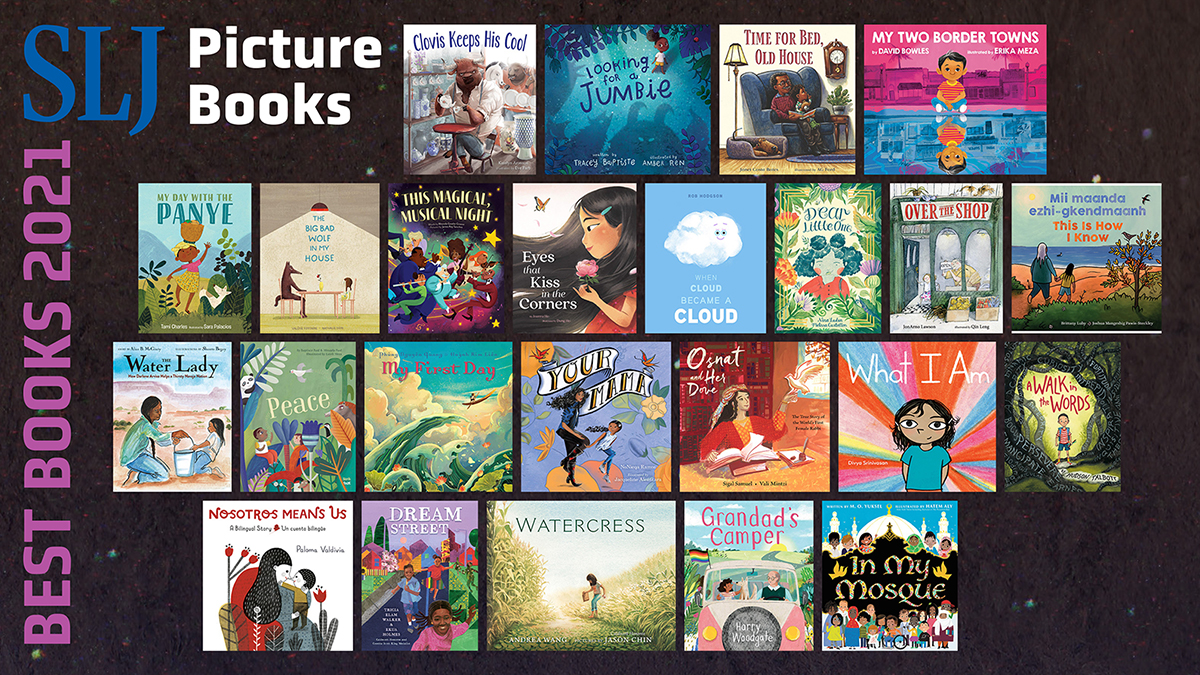
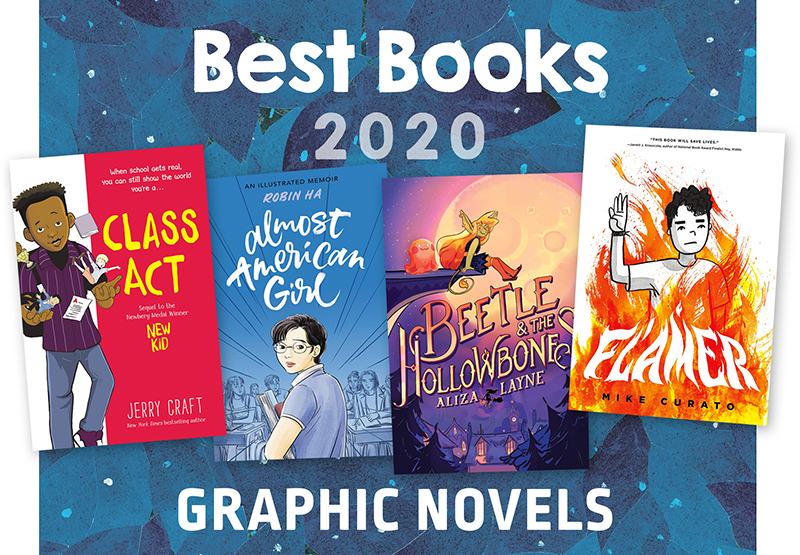
GG said: ” I think adults are more interested in the books for older kids because they, themselves, enjoy reading them more.” …. Hear! Hear! I agree. This may be why it’s always older books that get the big prizes. The Newbery, etc. And why I’m so glad the Theodor Seuss Geisel Award was begun — to honor beginning readers and transitional chapter books. -wendieO